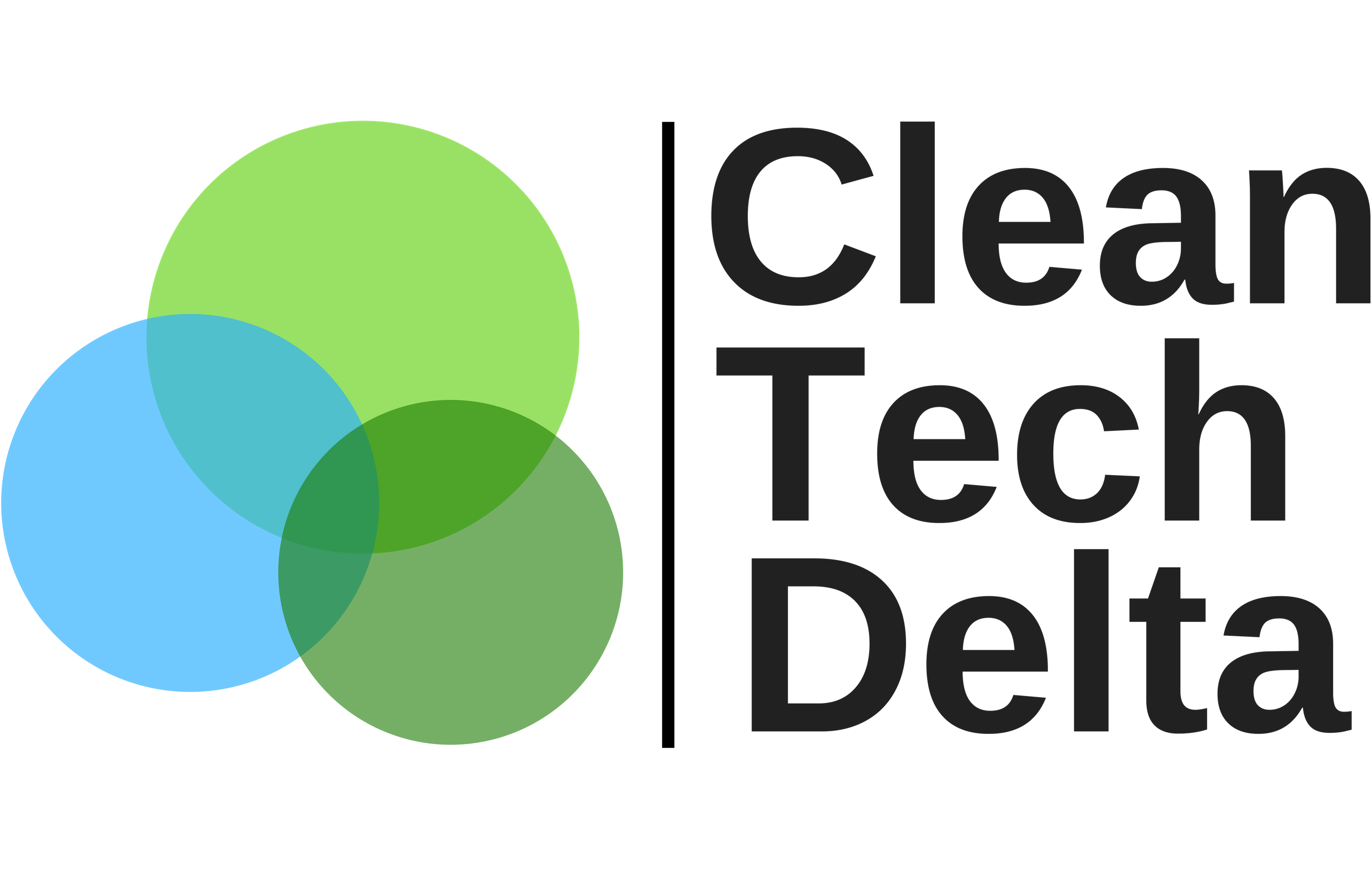The updated website of Clean Tech Delta includes a taxonomy of Clean Technology with 8 main categories and 51 sub categories. This comprehensive (we hope..) overview aims to define what cleantech means. Even experts will not easily agree on one generic definition but most often the term refers to a varied range of products, processes and services that tap renewable energy sources and materials, reduce or do away with wastes and emissions and considerably decrease the utilisation of natural resources.
The launch of the UN’s latest IPCC reports has seen some interesting reactions from the doom and gloom merchants and the usual sceptics who routinely question the scientific scope of the paper’s findings
At a recent investor’s conference Prof. Schellnhuber director of the Potsdam Institute for Climate Impact Research explained the importance and feasibility of the 2 degree scenario, setting a target of 50% CO2 emissions reduction by 2050 (base line 2009), and the so called earth system tipping points like the instability of the Greenland or West Antarctic Ice Sheets, Tundra or Permafrost loss and Rainforest Dieback. Scary stuff and I concluded again that we can debate these matters for ages but the precautionary principle urges us to mobilise innovation for decarbonisation of the economy and to accelerate climate action.
A broad portfolio of low carbon technologies needs to be aggressively deployed, some will be broadly applicable like renewable energy and others will need to target specific sectors. Innovation support is crucial across the whole spectrum of clean technologies and public private partnerships can play an important role by ensuring stable and longer term support at all stages of innovation, from Research and development, though development, demonstration and deployment phases.
Understanding which of the available policy tools are effective for different technologies – and at different stages of their maturity – is key to success. Interactions across the entire innovation system lead to necessary incremental improvements and successful deployment of technologies.
At a recent cleantech event at Yes!Delft Mark Bunger, Research Director of Lux Research argued that Clean tech’s second act can be more successful than the – renewable energy dominated – first. He introduced the concept of minimal viable ecosystem and talked about the importance of technology integration and economies of scale.
The innovation path exposes technologies to many challenges, breeding both successes and failures. Even when clean technologies prove cost-effective under prevailing market conditions, other (non-cost) barriers can stall their uptake.
Instruments such as minimum efficiency standards and information campaigns (designed to address risk aversion to new technologies or promote behavioural change) can help to create the favourable market environment needed to make the leap to large-scale deployment. New policies or regulatory approaches (e.g. standards and codes for buildings or vehicles or market rules in power systems) and public-private cross-sectoral frameworks along industrial product value chains are also needed. Successful development and demonstration do not guarantee commercial succes of a clean technology. Parallel action in technology development, business model and market creation is needed to close cost and other implementation gaps.
Clean Tech Delta, as triple helix organisation aims to select ideas and technologies that can be developed with its members and partners leading to deployment at scale of such concepts. Building on the region’s strengths in technology and business education, and driven by the strategic importance of Clean Tech for incumbent industries, Clean Tech Delta will identify and initiate meaningful Clean Tech projects and develop these with its development, knowledge and finance partners, further strengthening the regional clean tech innovation potential.
Members and partners are an important source for the pipeline of ideas. This on a local, regional, national and international level at the International Cleantech Network. Ideas are welcome since there is nothing so practical as a good idea.
Fred van Beuningen

